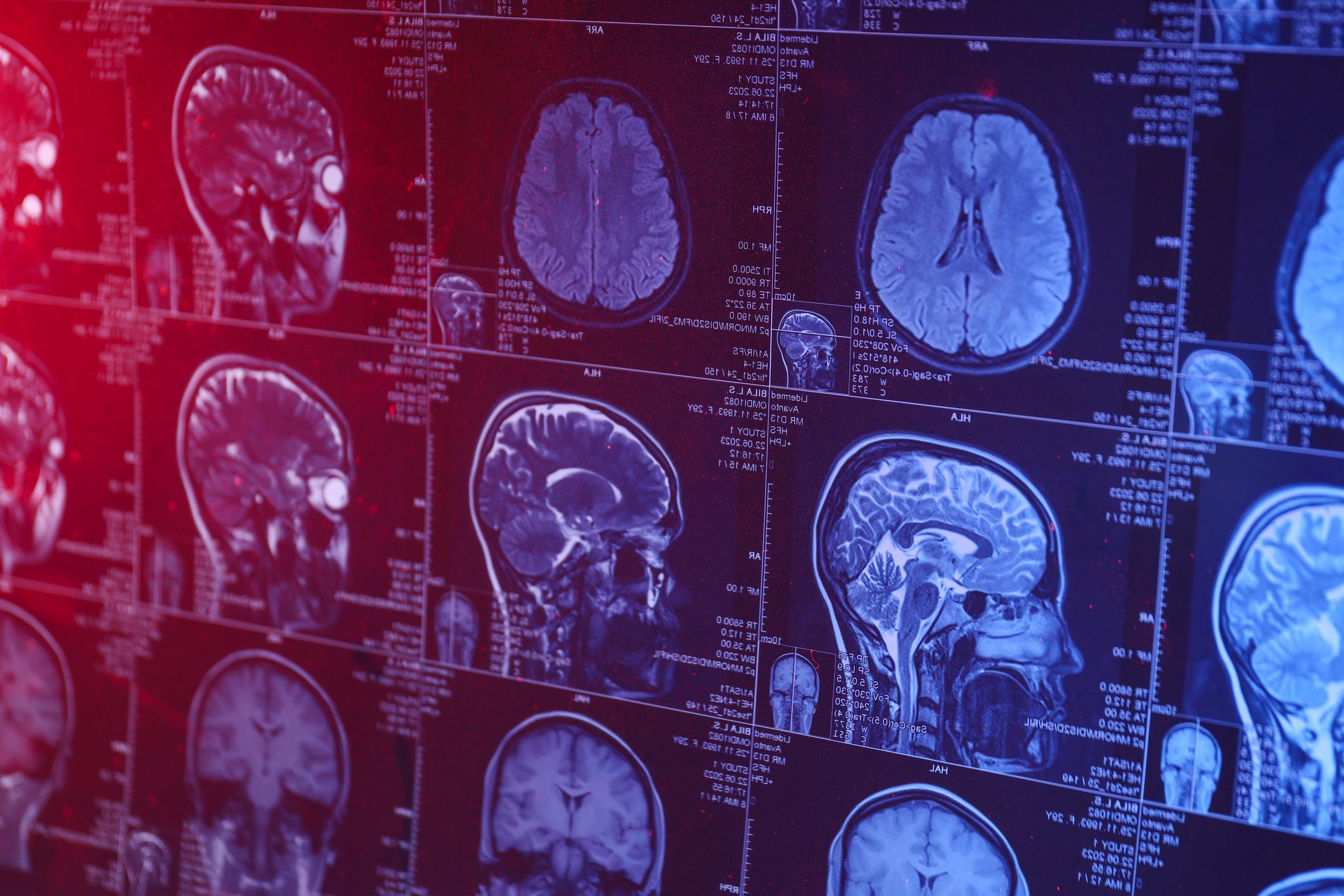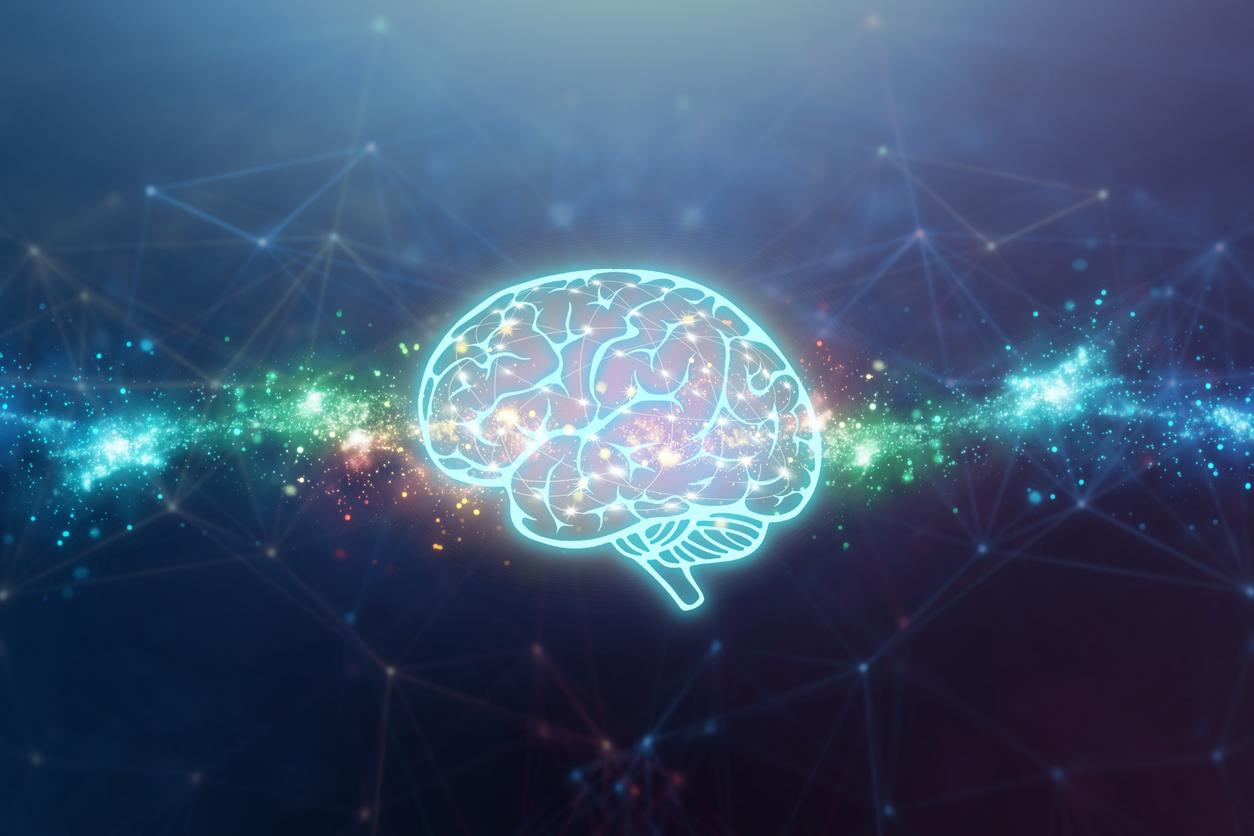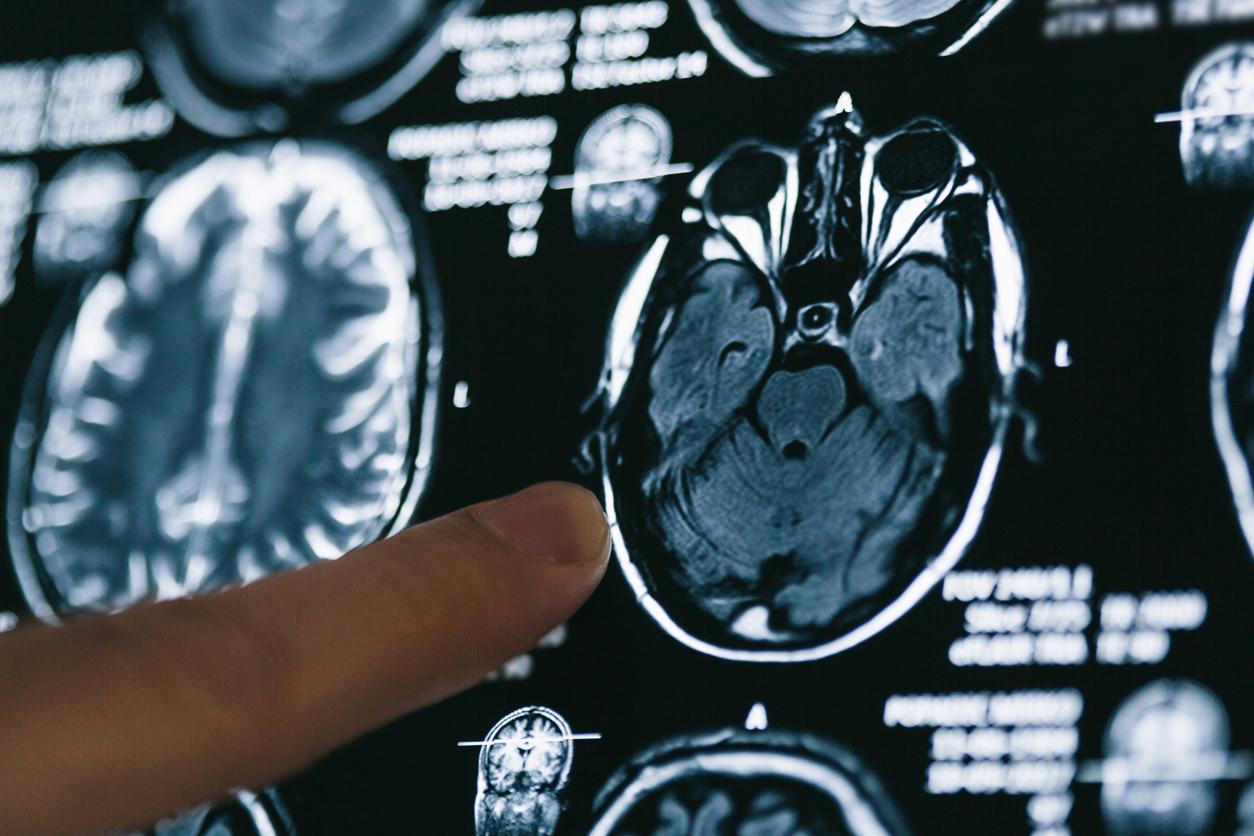Danish researchers have succeeded in highlighting the mechanisms that allow the brain to compensate for its aging thanks to the music of the composer Johann Sebastian Bach.

- Older people are just as able as younger people to remember pieces of music, a new study finds.
- However, they do not use the same areas of the brain to identify music.
- They rely more on sensory areas of the brain than on those involved in memory processes.
Researchers at Aarhus University (Denmark) have noticed that older people are able to remember pieces of music despite their brain aging, because certain parts of the brain work harder. They have managed to highlight this compensatory mechanism and map it using magnetoencephalography (recording of the brain’s magnetic activity), MRI scans and… the music of Johann Sebastian Bach.
Memory: The brain works differently as we age
For this study published in the scientific journal Communications Biology76 volunteers (39 over 60 years old and 37 aged 18 to 25) underwent brain scans while listening to a piece by German composer Johann Sebastian Bach, which they had heard twice before.
This experiment demonstrated a difference in the functional organization of the brain between the young participants and the elderly. Indeed, when the elderly listened to familiar music, the sensory areas of their brain became very active, while the regions responsible for memory function were less active.
“This suggests that sensory areas of older brains are working harder to compensate for the reduced response of areas typically involved in memory processes.”explains Professor Leonardo Bonetti of the Center for Music in the Brain, part of the Department of Clinical Medicine at Aarhus University.
These changes in brain functionality were not necessarily related to disease or dysfunction. “Aging does not just mean having a brain that is in decline, but also having a brain that adapts to challenges and compensates for mechanisms that become less efficient.”adds the expert.
Another thing the scans found was that when seniors listened to music they had not heard before, key parts of the brain involved in memory processes responded less than in younger people. However, activity in sensory regions remained unchanged.
“The older group simply does not show the same brain responses when hearing new variations as the younger group. This may help explain the mechanism that makes it difficult for older people to cope with changes in general.”says Leonardo Bonetti.
Memory and music: why use Bach?
The use of Johann Sebastian Bach’s pieces is not a coincidence or linked to the researchers’ musical tastes. The German composer’s music is a major asset in memory research, according to them. It is very easy to remember, because “It combines strong harmonies and a clear hierarchical structure, which is repeated several times, especially in the Prelude in C minor (from his cycle The Well-Tempered Clavier, editor’s note) for which the researchers have created a simplified and controlled version.”
“In memory research, music is often better than, say, numbers or text because it is intuitively memorable. This allows us to more easily discover how the brain processes information over time. Therefore, music is an excellent tool for understanding how the brain changes its function to support memory as we age.”concludes Leonardo Bonetti in a press release.
















